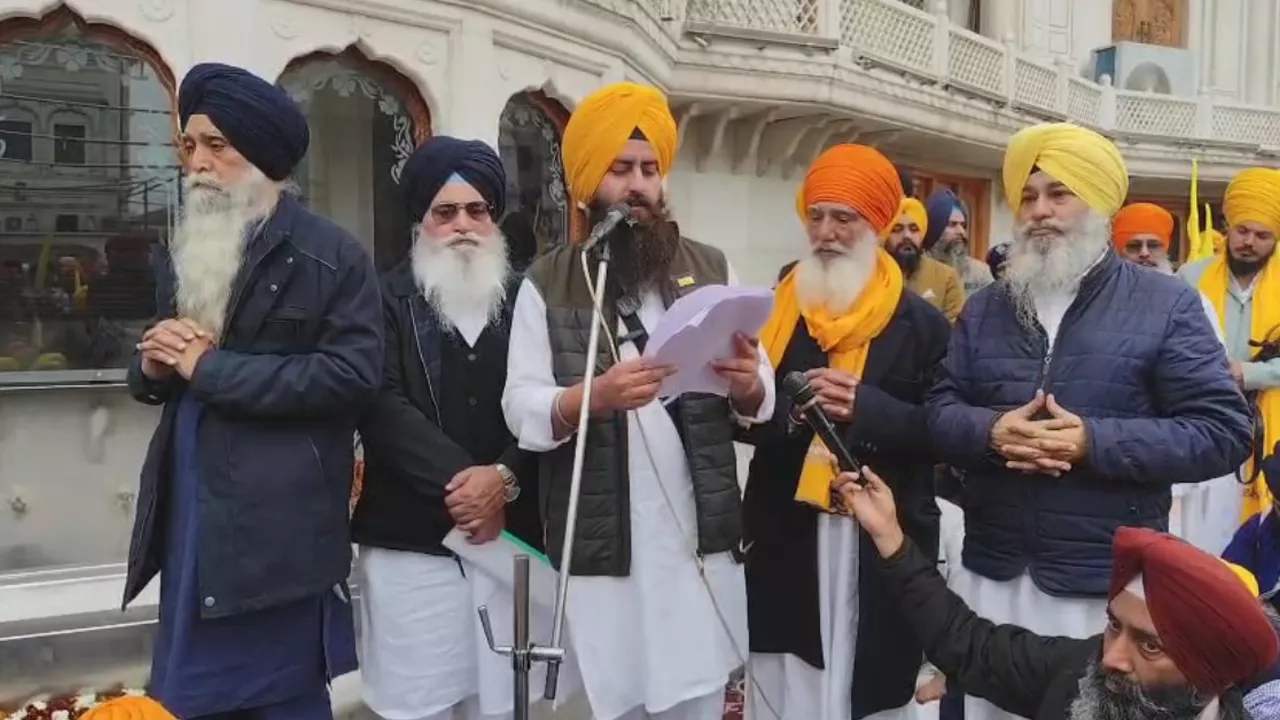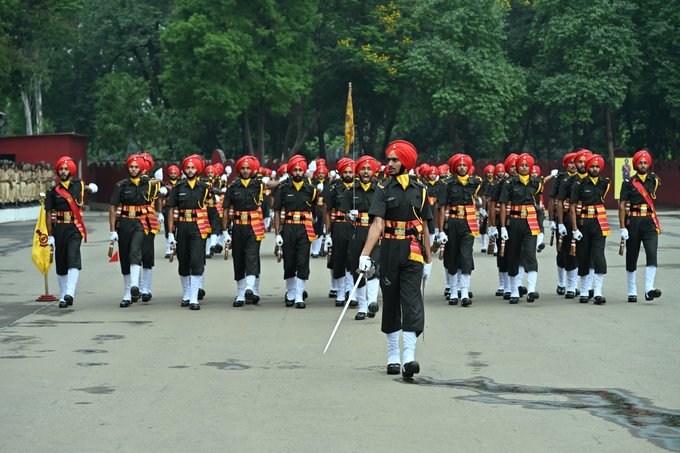On 24 Aug, organizations, activists, and people-at-large in the thousands from Panjab, Rajasthan, and Haryana gathered in Ludhiana to protest the continued pollution of the rivulet Buddha Nallah that passes through the city. The protest under the banner Kala Pani Morcha (Black Waters Front) was spearheaded by the Public Action Committee, Naroa Punjab Manch, and other organizations, with participation from farmer unions such as Samyukta Kisan Morcha and Kisan Mazdoor Morcha. The Nallah carries industrial effluents through its 34-km course before merging with the Sutlej River. This pollution affects not only Panjab but also 15 districts in Rajasthan that rely on the Satluj’s water. Despite the installation of Common Effluent Treatment Plants (CETPs) and Sewerage Treatment Plants (STPs), heavy metals like lead and chromium continue to contaminate the water. On 20 Aug, the Punjab Pollution Control Board (PPCB) admitted that the water flowing in the Buddha Nallah is not even fit for irrigation. The $10M rejuvenation project, intended to transform this tributary into a cleaner waterway, is nearly 99% complete but has missed at least seven deadlines since its launch in December 2020. The report also highlighted that 315 dyeing units operate in Ludhiana, with 265 of them falling within the catchment area of the Nallah. Meanwhile, the Punjab State Human Rights Commission has taken suo motu cognizance of a report published in the media, which revealed that 73% of water samples in Muktsar failed quality tests. The Kala Pani Morcha has given a 15 Sep deadline to the govt. that unless effective steps are taken to clean the Nallah, people would dam the rivulet (SDW Vol 2 Issue 30, Story 7).


Like what you're reading? Subscribe to our top stories.
Liv Forum provides a digest of analysis on major issues facing Indian (East) Panjab and Sikhs globally.
In accordance with our Privacy Policy, we will never share or sell the information of our subscribers.






